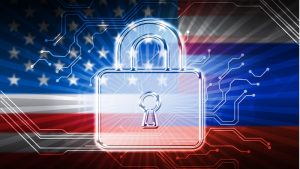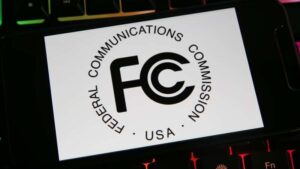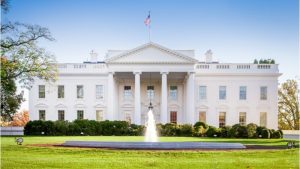Leaders in education and technology said that while artificial intelligence can improve education and provide administrative support, it can also lead to concerns over privacy and bias.
The Department of Treasury sanctioned two members of a Russian nationalist hacktivist group on July 19 over an incident in January that led to the overflow of water storage tanks in Texas.
The Judicial Branch of California announced that it has rolled out a new online tool to request reductions to traffic tickets across all 58 counties in the state.
The Federal Communications Commission (FCC) has adopted new rules to expedite the transition to Next Generation 911 (NG911) services with the aim of ensuring that the country’s 911 system functions effectively and supports the deployment of advanced 911 capabilities – including video, text, and data.
The Superior Court of Los Angeles is slowly getting back on its feet following a cyberattack.
The Wyoming Department of Education has released the Guidance for Wyoming School Districts on Developing Artificial Intelligence Use Policy.
The Federal Communications Commission (FCC) has approved final rules to enable schools and libraries to use E-Rate program resources to loan out Wi-Fi hotspots to students and library patrons who don’t have a reliable internet connection at home.
George Mason University has tapped Charmaine Madison to serve as the school’s new vice president of Information Services and chief information office (CIO).
The Biden-Harris administration announced actions this week from government, academia, and civil society that aim to grow and enable the public interest technology ecosystem through bolstering the workforce.
The National Association of State Chief Information Officers (NASCIO) has published a new report that discusses recent trends and research in the use of generative artificial intelligence (GenAI) technology aimed at helping states improve disability empowerment efforts, and offers recommendations for state technology organizations pursuing those applications.
Archives
- July 2024 (1)
- June 2024 (1)
- May 2024 (1)
- April 2024 (1)
- March 2024 (1)
- February 2024 (1)
- January 2024 (1)
- December 2023 (1)
- November 2023 (1)
- October 2023 (1)
- September 2023 (1)
- August 2023 (1)
- July 2023 (1)
- June 2023 (1)
- May 2023 (1)
- April 2023 (1)
- March 2023 (1)
- February 2023 (1)
- January 2023 (1)
- December 2021 (1)
- October 2021 (1)
- June 2021 (1)
- May 2021 (2)
- April 2021 (2)
- March 2021 (4)
- February 2021 (1)
- February 2020 (1)
- October 2019 (2)
- September 2019 (3)
- August 2019 (1)
- July 2019 (2)
- December 2018 (1)
- February 2018 (1)
- September 2017 (3)
- November 2016 (2)
- October 2016 (3)
- September 2016 (1)
- April 2016 (1)










